U.S.-based ocean carrier Intermarine has joined forces with Thai project and breakbulk cargo specialist WeShip Projects to launch Intermarine Asia and strengthen Intermarine’s position in Europe. As part of the deal, WeShip partners Torben Reinhard and Lars Steen Rasmussen have joined Intermarine’s commercial team. “Intermarine and WeShip have already partnered successfully for over a year now in the Asia-Pacific trade, and we are very excited to combine our organizations to jointly grow the Intermarine presence in Asia and Europe,” Intermarine CEO Svend Andersen said. Since its relaunch in 2020, Intermarine has successfully developed its business within breakbulk and multipurpose shipping,…
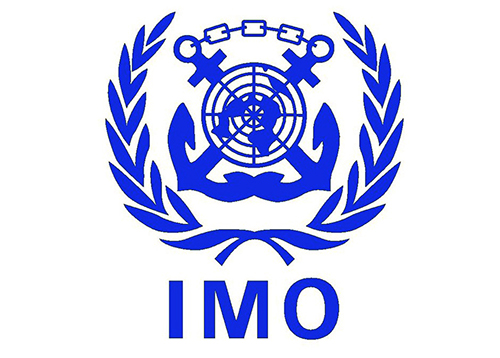
A new mandatory safety code for ships carrying industrial personnel—aimed at ensuring the safety of people transported to work on offshore facilities including windfarms—was adopted by the International Maritime Organization’s Maritime Safety Committee (MSC) during its November meeting. The new Chapter XV of the International Convention for the Safety of Life at Sea (SOLAS) and the associated new International Code of Safety for Ships Carrying Industrial Personnel (IP Code) were developed by the IMO Sub-Committee on Ship Design and Construction. The aim is to provide minimum safety standards for ships that carry industrial personnel, as well as for the personnel…
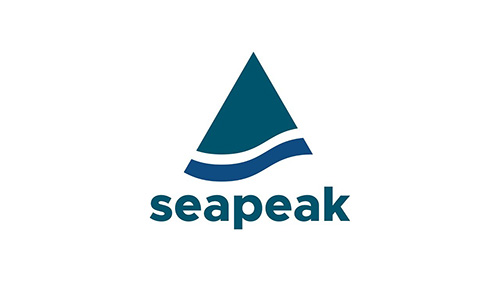
Bermuda-based LNG gas carrier owner and operator Seapeak LLC has entered into shipbuilding contracts for the construction of five, 174,000-cubic meter M-type, Electronically Controlled, Gas Admission (MEGA) propulsion LNG carrier newbuilds, the company confirmed in late November. The LNG carriers are to be built by Samsung Heavy Industries Co., Ltd. for a total fully built-up cost of about $1.1 billion. They’re scheduled for delivery in 2027. “Upon their deliveries, the five LNG carriers will each operate under a fixed-rate time-charter contract with an international energy major for a firm period of 10 years, each of which can be extended at…
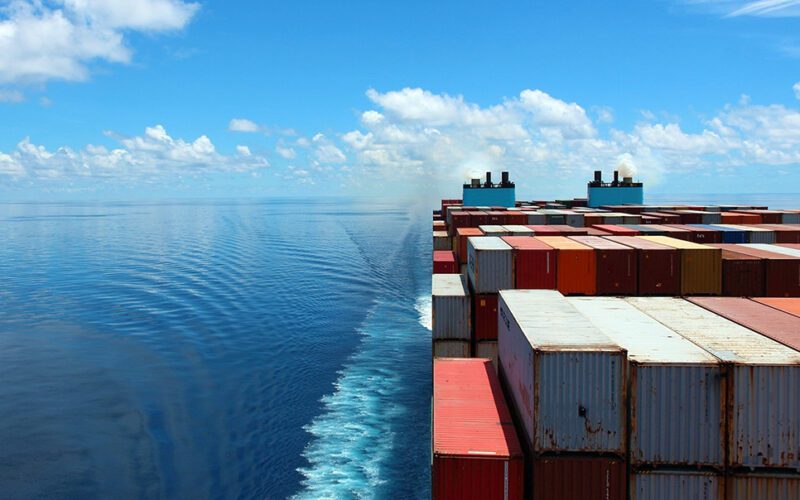
As part of a strategy to decarbonize its customers’ supply chains, Danish shipping company A.P. Moller-Maersk has entered a green marine fuels partnership with Annapolis, Md.-based project developer Carbon Sink. The parties have signed a letter of intent covering the development by Carbon Sink of green methanol production facilities in the U.S. The first facility is to be co-located with the Red River Energy existing bioethanol plant in Rosholt, South Dakota, with a production capacity of about 100,000 tons per year. The commercial start is anticipated in 2027. Maersk has said that it intends to purchase the full volume produced…
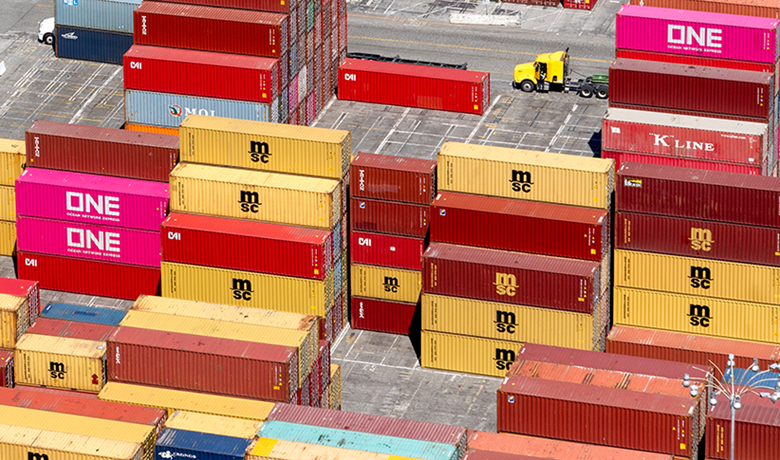
In early March, multiple global shipping firms, including Switzerland-based MSC, Denmark-headquartered Maersk and France’s CMA CGM announced that they’ve halted cargo bookings to and from Russia until further notice due to Russia’s invasion of neighboring country Ukraine. “As the crisis in Ukraine continues and governments impose new sanctions on Russia and its allies, A.P. Moller—Maersk is keeping a close eye on developments and making necessary adjustments in line with the latest restrictions,” Maersk said in a March 1 statement explaining its decision. “As the stability and safety of our operations is already being directly and indirectly impacted by sanctions, new…
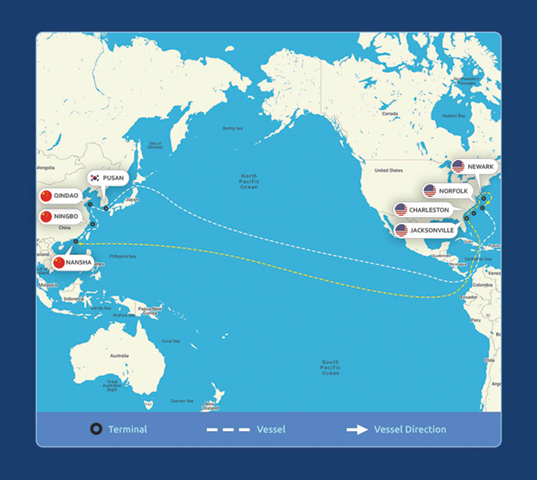
Singapore-based Sea Lead Shipping on March 3 revealed that it was launching a new service linking ports in East Asia with ports on the East Coast of the United States, while completely bypassing West Coast ports. “The Asia East Coast (AEC) service will provide shippers with a reliable and timely service that avoids the port congestion that is hampering efficient service at many other (West Coast) ports,” Sea Land said in a statement. The new weekly service commenced March 7 with the first sailing from the Port of Nansha in south China. Port rotation for the service will be as…
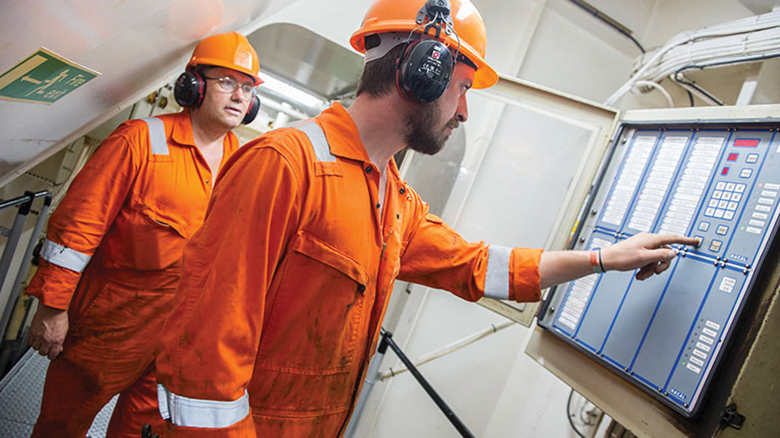
Four United Nations agencies on Feb. 28 issued a joint statement urging stakeholders to collaborate to prevent undue hardship to seafarers during the ongoing COVID-19 pandemic. The International Labour Organization (ILO), International Maritime Organization (IMO), United Nations Conference on Trade and Development (UNCTAD) and the World Health Organization (WHO) issued a joint statement asking stakeholders to take action to support the world’s 1.9 million seafarers from being unduly impacted by the ongoing COVID-19 pandemic and associated restrictions. The statement came in the wake of the Omicron COVID-19 variant of concern (VOC), which has, once again, caused many countries to close…
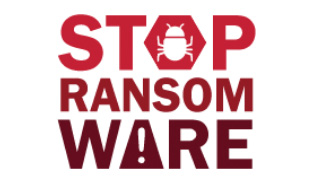
In late January 2022, a substantial ransomware attack negatively impacted at least 17 ports and oil terminals in Western Europe. The ransomware/malware attack also affected oil storage and transport. The companies reportedly impacted, according to a report on the GovInfoSecurity website included Oiltanking and Mabanaft in Germany, SEA-Invest in Belgium, and Evos in The Netherlands. Also affected were six oil storage terminals in the Amsterdam-Rotterdam-Antwerp area. The impacts of the cyberattack resulted in re-routing tankers, significantly disrupting supply chains and causing difficulty loading and unloading refined product. The Baker Botts LLP international law firm indicated that as of early February,…
An analysis of 2020 insurance claims data by London-based insurance and related risk management services provider TT Club points to an increase in impact related incidents, with corrosion of tank containers’ inner surface and contamination caused by cargoes previously carried as significant other causes of loss. The analysis makes clear that the effects of increased volumes of tank containers used to trade chemicals and other liquids on the primary east-west trades have altered, to a degree, the risk profile of damage to such units. While in previous years there has been a consistent dominance of contamination as the major source…
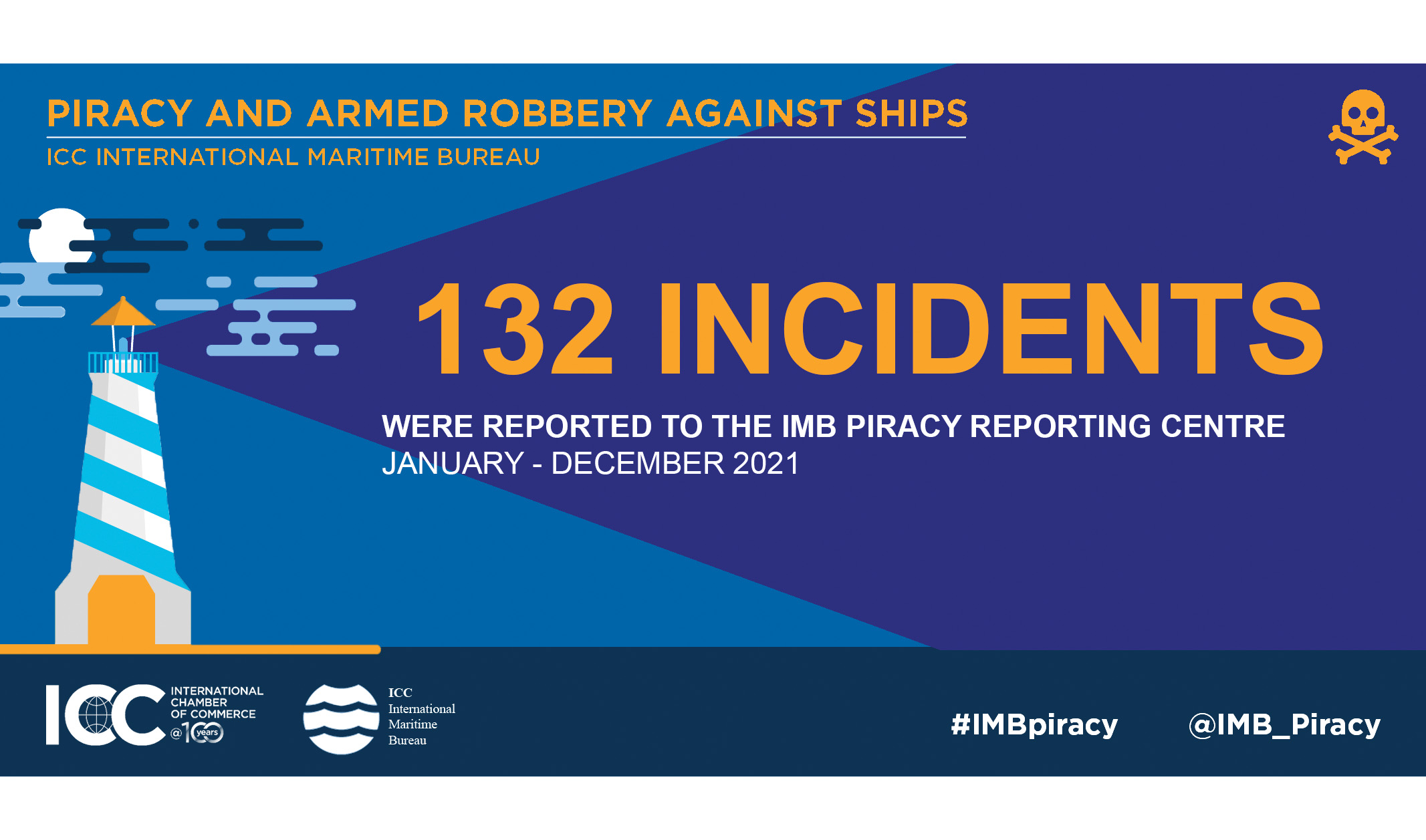
Maritime piracy and armed robbery attacks in 2021 reached their lowest recorded level since 1994, according to the annual piracy report of the International Chamber of Commerce, published Jan. 13. The chamber’s International Maritime Bureau (IMB) attributes the drop in incidents to vigorous action taken by authorities, but it is also calling for continued coordination and vigilance to ensure the long-term protection of seafarers. “While the overall reduction in globally reported incidents is welcomed, the IMB Piracy Reporting Centre urges coastal states to acknowledge the inherent risk from piracy and armed robbery and robustly address this crime within the waters…

